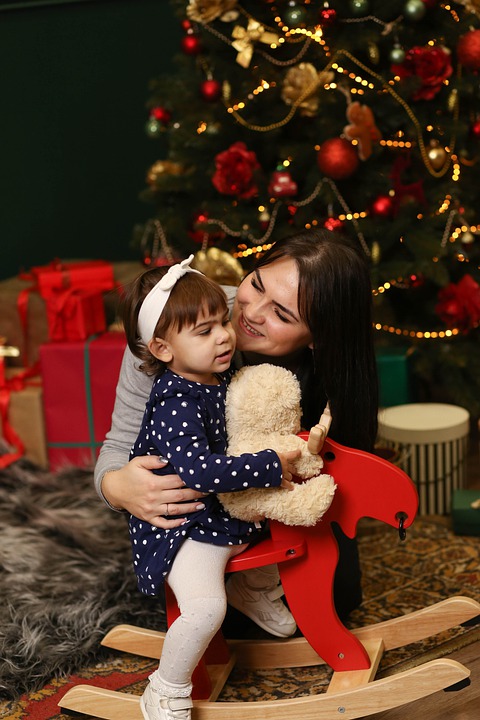
The parent-child attachment bond is one of the most crucial relationships that a child will experience in their early development. This bond is established from the moment a child is born and plays a vital role in shaping their physical, emotional, and social development.
Attachment theory, first proposed by psychologist John Bowlby, highlights the significance of a secure attachment between a child and their primary caregiver, typically the mother or father. This bond serves as a foundation for the child’s future relationships, mental health, and overall well-being.
One of the key benefits of a secure parent-child attachment is the promotion of healthy brain development. When a child feels secure and loved, their brain is better able to develop neural pathways for emotional regulation and stress management. Children who have secure attachments are also more likely to have improved attention and cognitive abilities, setting the stage for future academic success.
Furthermore, a strong parent-child attachment fosters emotional resilience in children. When a child feels safe and supported by their caregiver, they are better able to navigate challenging situations and regulate their emotions. This resilience can help them cope with stress and adversity, leading to better mental health outcomes in the long run.
The parent-child attachment bond also plays a crucial role in the development of a child’s social skills. Children who have secure attachments are more likely to develop positive relationships with peers and have a greater capacity for empathy and perspective-taking. They are also more likely to exhibit pro-social behavior, such as sharing and cooperation, which are essential for successful social interactions.
In addition to the cognitive, emotional, and social benefits, a secure parent-child attachment also contributes to physical health. Research has shown that children with secure attachments have lower levels of stress hormones, which can have a positive impact on their immune system, overall health, and even life expectancy.
It’s important to recognize that the parent-child attachment bond is not solely the responsibility of the parent. Caregivers, teachers, and other adults who interact with the child also play a significant role in nurturing this attachment. By creating a supportive and responsive environment, these individuals can help foster a strong attachment bond and promote healthy development in children.
In conclusion, the importance of parent-child attachment in early childhood development cannot be overstated. A secure attachment provides the foundation for children to build healthy relationships, navigate challenges, and thrive in all aspects of their lives. By prioritizing the nurturing of this bond, we can set our children on a path to emotional well-being, resilience, and success.
Younger Glowing Skin - Discover Ancient Ayurvedic Secrets at DoctorIndiaHerbals.com
Explore One of the Largest Collections of Dinosaur-Themed Toys, Games, Gifts, Decor, and More at DinoAvenue.com
Discover Premium Design Elevator Shoes for Men and Women at LondonCobblers.com
Discover Hidden Family Destinations for Vacations at Places.Travelz.io
Find the Best Deals on Airfare and Hotels with Advanced Metasearch Technology at www.Travelz.io
30% off on Kids items
STEM science experiments for Kids
Premium Science Toys and experiments